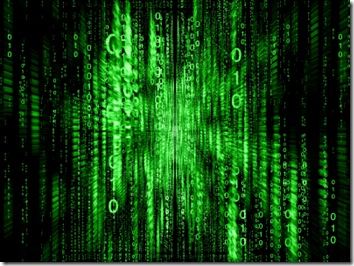Information Technology Act 2000 [IT Act]
Section 66A of the Information Technology Act will be back on the statute books, with modifications, as per the current plan of the government, reported the PTI.
The ministry of home affairs has constituted a committee to examine the implications of the Supreme Court’s March judgment repealing the section, and to suggest changes in the section that will make it fully compatible with the constitution, according to telecom minister Ravi Shankar Prasad’s statement in the parliament.
Another committee chaired by former law commission secretary TK Vishwanathan will study the Supreme Court’s judgment and suggest a “road map” with measures and amendments.
Section 69A, which was also challenged before the Supreme Court but was not ruled unconstitutional in its judgment in March, was invoked by the government to block 857 porn sites in India this weekend, as reported by Legally India.
 Four practising Supreme Court advocates are set to challenge the Delhi high court’s dismissal last week of their public interest litigation (PIL) challenging the Information Technology Act (IT Act) and Rules (Intermediaries Guidelines) and the government’s August order blocking hundreds of webpages, under the constitutional guarantee of freedom of speech and expression.
Four practising Supreme Court advocates are set to challenge the Delhi high court’s dismissal last week of their public interest litigation (PIL) challenging the Information Technology Act (IT Act) and Rules (Intermediaries Guidelines) and the government’s August order blocking hundreds of webpages, under the constitutional guarantee of freedom of speech and expression.
Government sends legal notices to account holder on Twitter, YouTube and Facebook who allegedly posted on their webpage inflammatory messages and morphed images related to ethnic violence in Assam.
Notices have been sent to “at least four” Twitter account holders, asking them to appear before a committee on 10 September at the office of the Computer Emergency Response Team. Details of other account holders have been asked for, to send notices.
Pavan Duggal, a cyber law expert, said the government can take action against any person who has published, transmitted or caused to be published or transmitted any such content under various provisions of the IT Act.
“A criminal case could be registered under the IT Act as well as Indian Penal Code,” he said.
Union home minister Sushil Kumar Shinde said:
Besides providing a pervasive infrastructure for discreet communication, cyberspace is proving to be a facilitator for malevolents seeking to enlist new recruits and to purvey a distorted version of the reality.
Anonymity that the user acquires in this medium can sometimes test the capacities of even the most experienced police investigator. Police forces will have to develop skills in this area not just for locating malicious content, but also for identifying those responsible for posting it. [Mint]
The Delhi high court dismissed a public interest litigation filed by a group of law students to quash the department of telecommunications’ notifications last month blocking hundreds of webpages, on Wednesday. The Supreme Court had also returned a petition challenging the block on 31 August, asking the petitioner to appear before the Delhi HC.
The bench of chief justice AK Sikri and justice Rajiv Sahai Endlaw in the high court said: "Let the affected party approach the court. We cannot treat this as PIL."
Telecom service providers, internet service providers, search engines, online payment sites and cyber cafes were, according to the petitioners, bearing the brunt of the curb on freedom of speech without being heard. [ET][Outlook India]